Emmanuel Acho And Hillsong Pastor Carl Lentz Discuss Race Vs. Religion
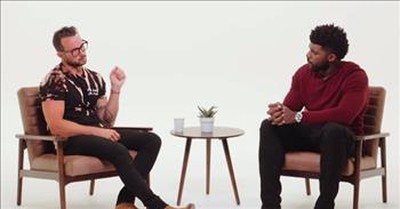
In this heartfelt conversation, Emmanuel Acho And Hillsong Pastor Carl Lentz discuss the role religion plays in fueling and/or killing racism.
“Religion, it teaches you compassion; it teaches you empathy; it teaches you sympathy,” says Emmanuel. “But I recently read that compassion without confrontation is like fruitless, sentimental commiseration. So, Carl, I’m here to have an uncomfortable but compassionate confrontation and conversation.”
Emmanuel then goes on to talk about how segregation was outlawed in America in the mid 1960s. “However, every Sunday morning in houses of worship, America is about as segregated as it ever can be. Why is that?” Emmanuel asks.
“Because of the stuff we’ve said. It’s hard to listen to a preacher preach if you know that that preacher believes in systems that are hurting your people,” says Carl Lentz. “So, it’s safer sometimes to go to a black church especially if you’re a black American…because you don’t, I don’t know if I can trust somebody who claims to love Jesus and professes to teach me about this man yet you’re silent on issues that hurt my people. You’re silent when I need you in areas that I’m, you know, desperately oppressed. And I think that’s why people are like, you know what it’s cool, I’ll try to reach the world but on Sundays I need to be safe.”
Then Emmanuel asks Carl his next question. “Generically speaking, why is the white church silent?”
“It’s like a messy house,” Carl says. “So, have you ever had a good idea? Like, I need to clean my house? And then you set out to do it and you realize our house is dirty! Every room is dirty. There’s stuff underneath the couch….and sometimes, you know what, I’ll just let my house be dirty because it’s too much work. This is what happens with racism. The moment you start looking into this you realize, oh wow, this goes all the way to the top! This is in our church choir, this is in our church administration, this is in the way we taught the Bible. And there are a lot of Christians who set out to clean house until they find out how close to home it might come. So, there are people who would rather just almost – you know when you have guests over and put some of that stuff in that one room? We’ve been doing that with racism for decades in the American church at least as far as I know. And that stuff is starting to overflow now.”
Emmanuel then shares with Carl what frustrates him most about conversations about race among Christians. “What frustrates me is you hear these sound bites from religious people, from Christian people, from people that attend houses of worship that may say, ‘It’s not about race, it’s about grace.’ ‘It’s not about skin, it’s about sin.’ When in fact it is about skin and it is about race. Because race and skin is what is being punished and executed on camera in America right now.”
“You can’t address a problem you don’t admit exists,” Emmanuel continues. “And my issue is that so many people within houses of worship…so many people across America, don’t even acknowledge that a problem exists. It took a black man getting murdered on camera by an officer with his knee on his neck to finally wake people up.”
Emmanuel also asks Carl what he thinks Jesus would be doing if he were walking the earth right now.
“If people want to contend with this answer, you can go read about what he did. There’s no question where Jesus would be,” says Carl. “Where did you find him when we have record of him? Who was he with? Who was he angering is more important. Jesus was loathed by the religious community for what? Proximity. He was at the dinner table, he was at the wrong parties, he was hanging out with the wrong people, he was talking to women when they weren’t even allowed or even acknowledged as real humans. So, if you had to wonder where Jesus would be you got to go back to your Bible because he’s where hurting people are.”
Emmanuel concludes their conversation with telling the story of the Good Samaritan and he closes with this statement for viewers. “I encourage you to be like the Good Samaritan and ask yourself, ‘if I don’t help the oppressed, what will happen to them?’”
“Religion, it teaches you compassion; it teaches you empathy; it teaches you sympathy,” says Emmanuel. “But I recently read that compassion without confrontation is like fruitless, sentimental commiseration. So, Carl, I’m here to have an uncomfortable but compassionate confrontation and conversation.”
Emmanuel then goes on to talk about how segregation was outlawed in America in the mid 1960s. “However, every Sunday morning in houses of worship, America is about as segregated as it ever can be. Why is that?” Emmanuel asks.
“Because of the stuff we’ve said. It’s hard to listen to a preacher preach if you know that that preacher believes in systems that are hurting your people,” says Carl Lentz. “So, it’s safer sometimes to go to a black church especially if you’re a black American…because you don’t, I don’t know if I can trust somebody who claims to love Jesus and professes to teach me about this man yet you’re silent on issues that hurt my people. You’re silent when I need you in areas that I’m, you know, desperately oppressed. And I think that’s why people are like, you know what it’s cool, I’ll try to reach the world but on Sundays I need to be safe.”
Then Emmanuel asks Carl his next question. “Generically speaking, why is the white church silent?”
“It’s like a messy house,” Carl says. “So, have you ever had a good idea? Like, I need to clean my house? And then you set out to do it and you realize our house is dirty! Every room is dirty. There’s stuff underneath the couch….and sometimes, you know what, I’ll just let my house be dirty because it’s too much work. This is what happens with racism. The moment you start looking into this you realize, oh wow, this goes all the way to the top! This is in our church choir, this is in our church administration, this is in the way we taught the Bible. And there are a lot of Christians who set out to clean house until they find out how close to home it might come. So, there are people who would rather just almost – you know when you have guests over and put some of that stuff in that one room? We’ve been doing that with racism for decades in the American church at least as far as I know. And that stuff is starting to overflow now.”
Emmanuel then shares with Carl what frustrates him most about conversations about race among Christians. “What frustrates me is you hear these sound bites from religious people, from Christian people, from people that attend houses of worship that may say, ‘It’s not about race, it’s about grace.’ ‘It’s not about skin, it’s about sin.’ When in fact it is about skin and it is about race. Because race and skin is what is being punished and executed on camera in America right now.”
“You can’t address a problem you don’t admit exists,” Emmanuel continues. “And my issue is that so many people within houses of worship…so many people across America, don’t even acknowledge that a problem exists. It took a black man getting murdered on camera by an officer with his knee on his neck to finally wake people up.”
Emmanuel also asks Carl what he thinks Jesus would be doing if he were walking the earth right now.
“If people want to contend with this answer, you can go read about what he did. There’s no question where Jesus would be,” says Carl. “Where did you find him when we have record of him? Who was he with? Who was he angering is more important. Jesus was loathed by the religious community for what? Proximity. He was at the dinner table, he was at the wrong parties, he was hanging out with the wrong people, he was talking to women when they weren’t even allowed or even acknowledged as real humans. So, if you had to wonder where Jesus would be you got to go back to your Bible because he’s where hurting people are.”
Emmanuel concludes their conversation with telling the story of the Good Samaritan and he closes with this statement for viewers. “I encourage you to be like the Good Samaritan and ask yourself, ‘if I don’t help the oppressed, what will happen to them?’”
Today's Devotional
A Prayer to Help You Comfort Others - Your Daily Prayer - April 25
Have you ever wondered if there is any purpose in your suffering? We certainly don’t go looking for suffering—it comes to us because life is a journey through difficulties and triumphs. Sufferings are a reminder of what Jesus Christ went through and it is a way for us to encourage others.
Top Music Videos
Christian News
The latest news and hot topics trending among Christian music, entertainment and faith life.



 Replay this video
Replay this video

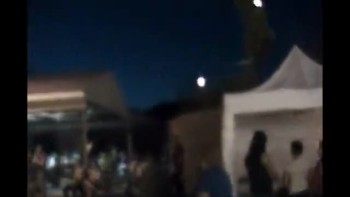

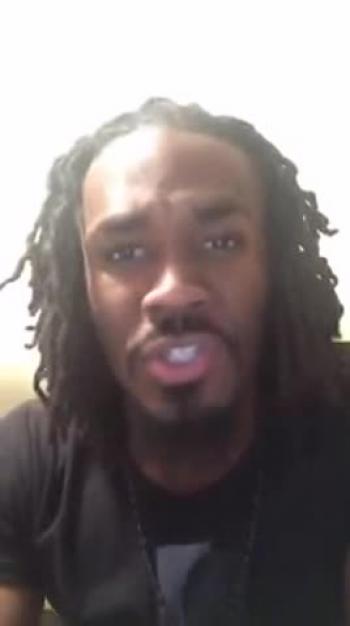

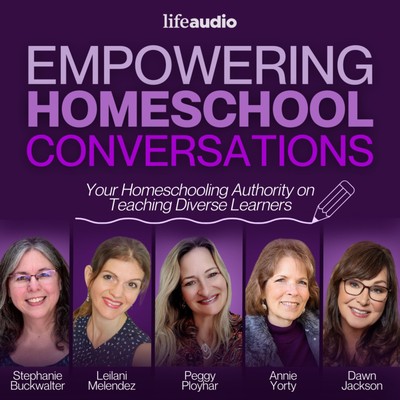
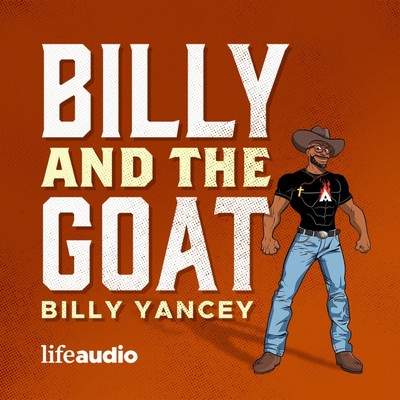
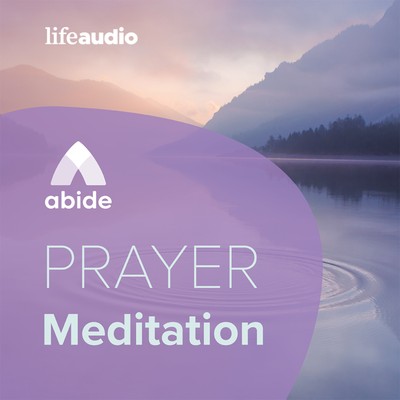
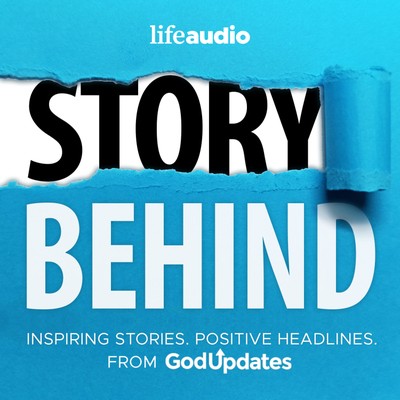

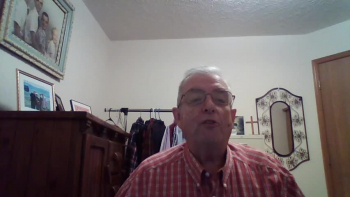
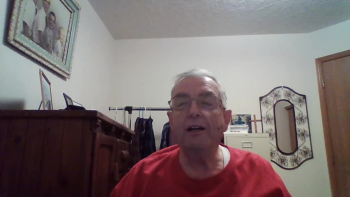
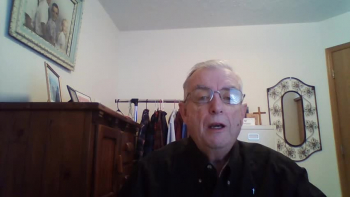
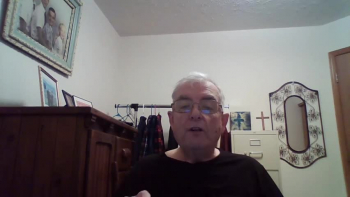
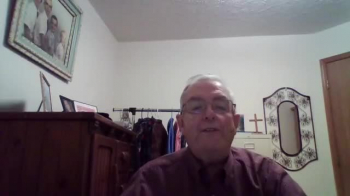

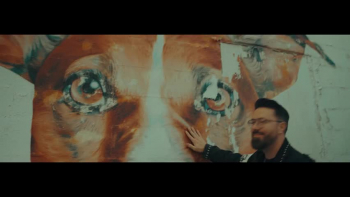
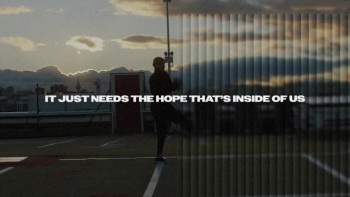
![Crowder - — [DASH]](https://content.swncdn.com/godtube/2024/04/10/641289/641289009_tn.jpg)


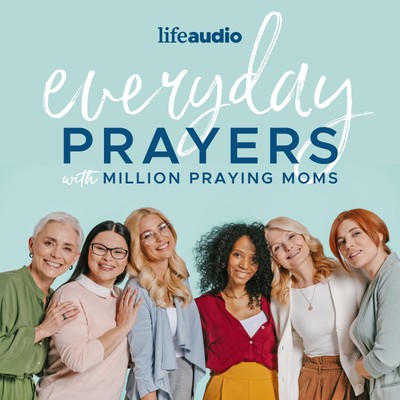

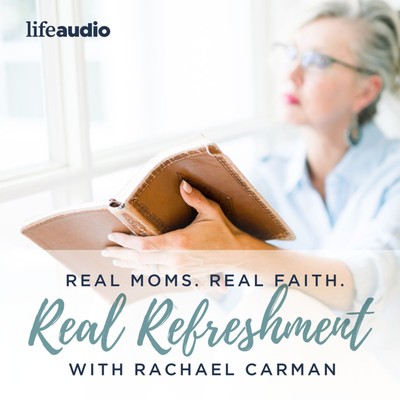
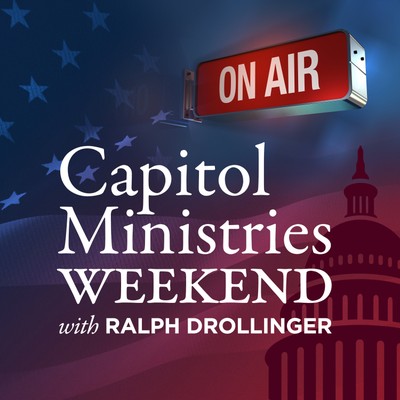
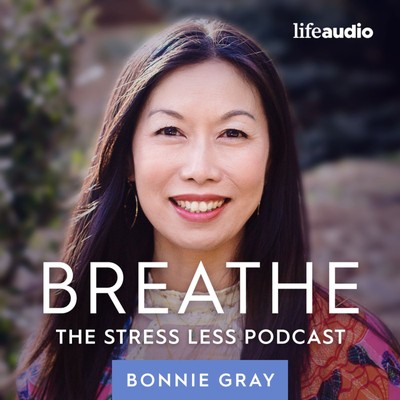
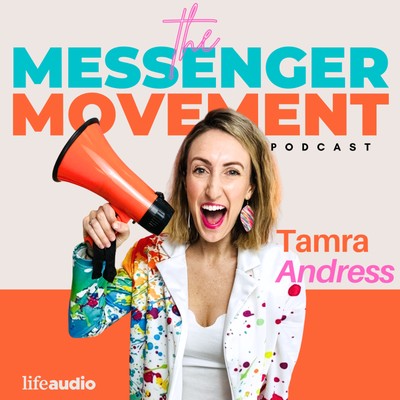
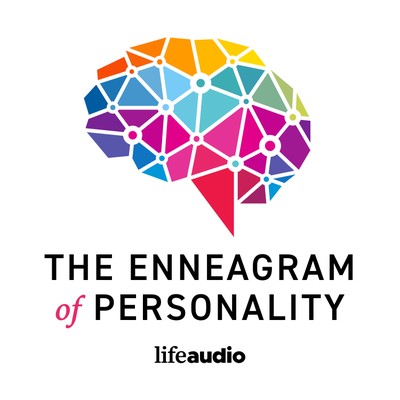
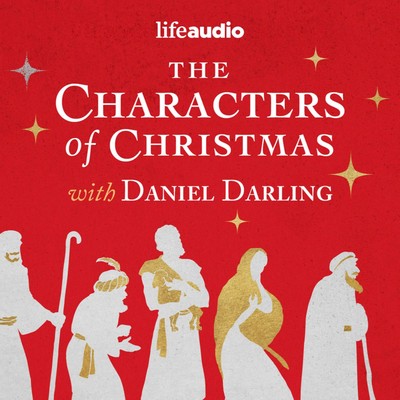
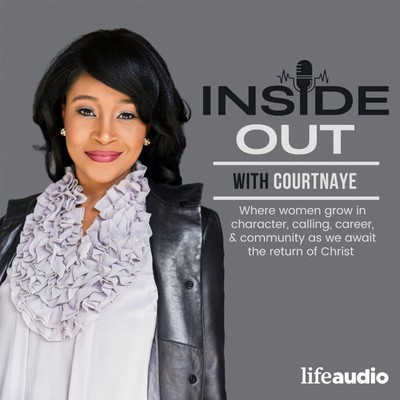
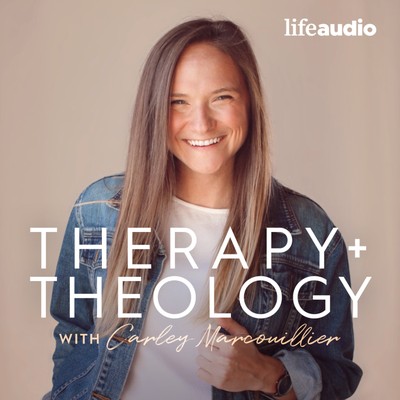
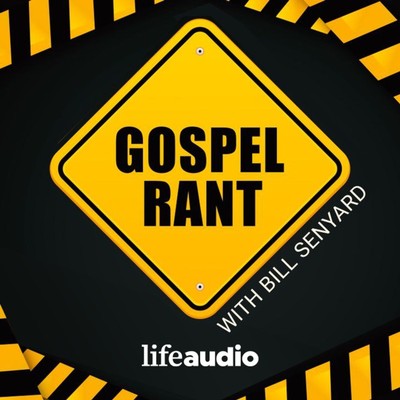
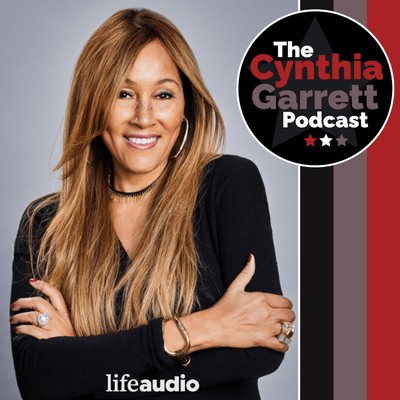


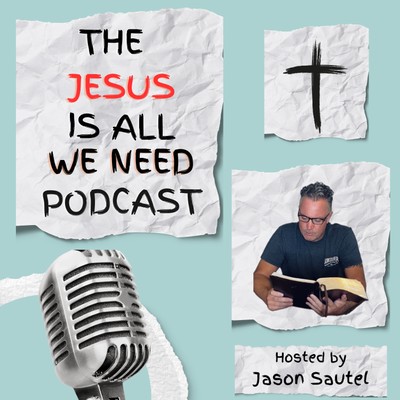
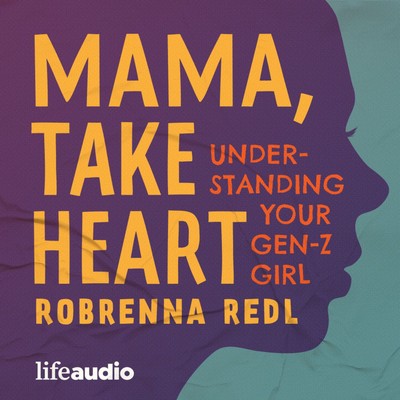





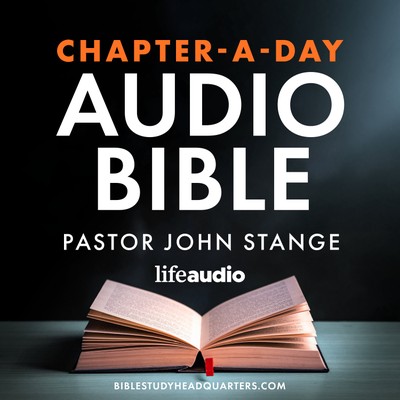


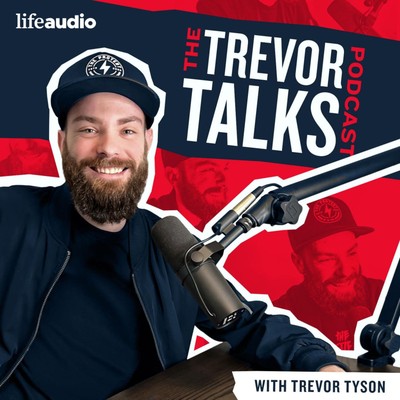

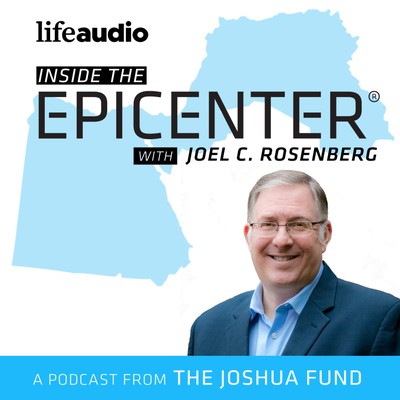

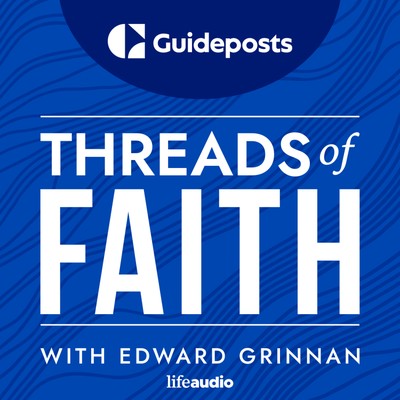
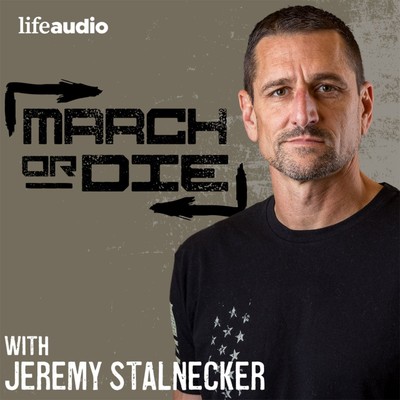
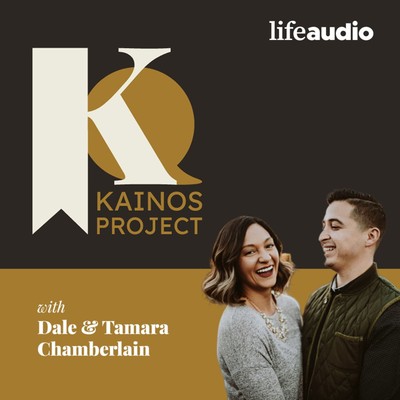

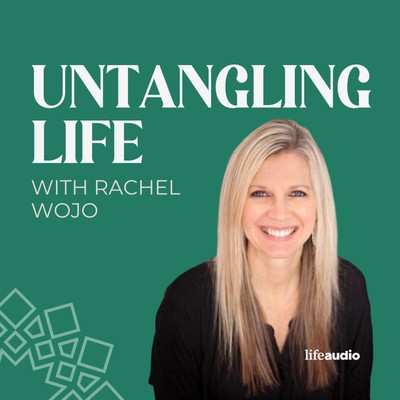
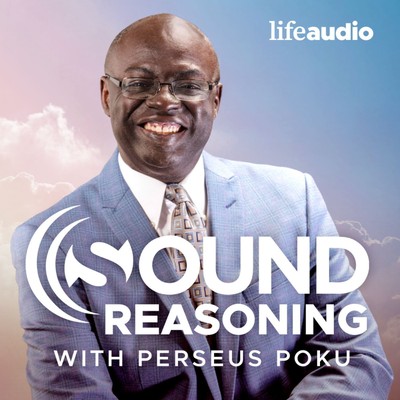
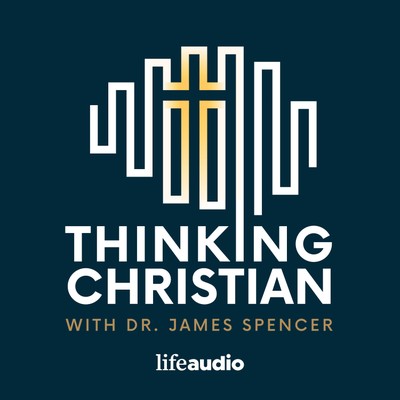

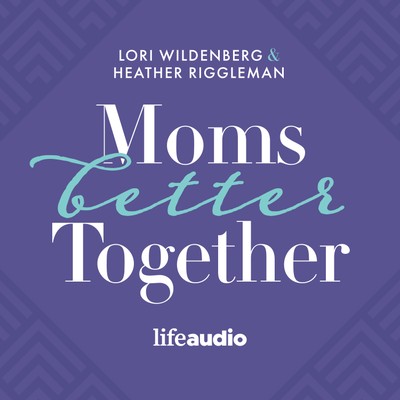
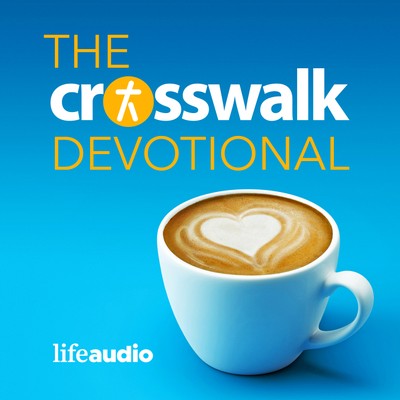

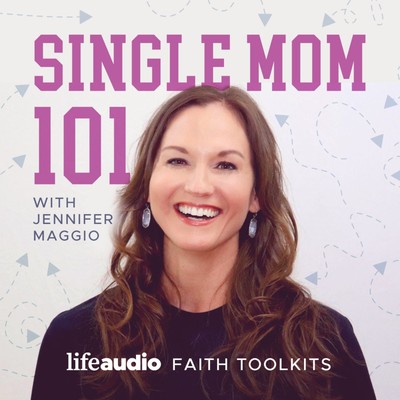
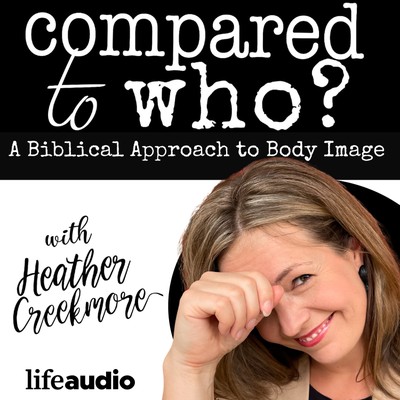
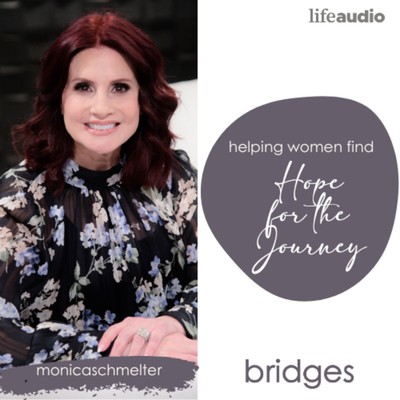

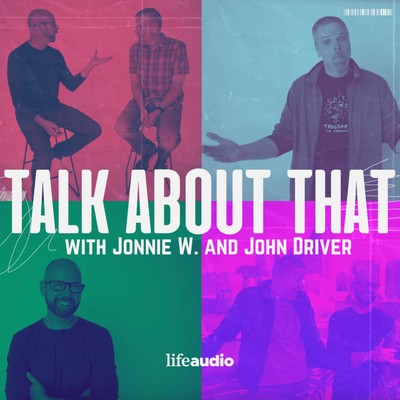
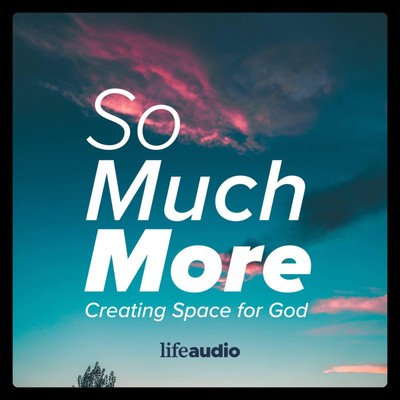
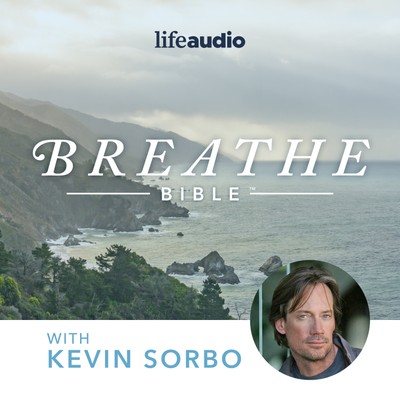
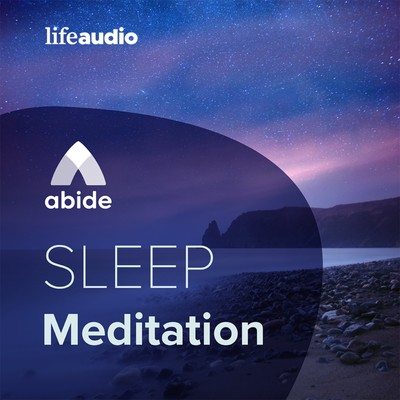
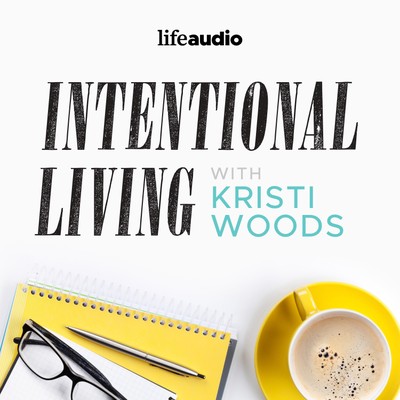
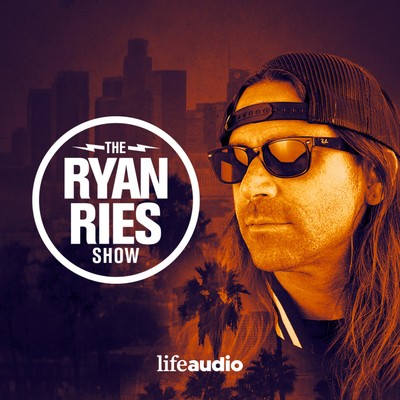
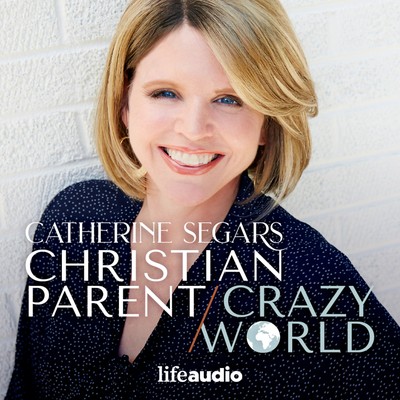
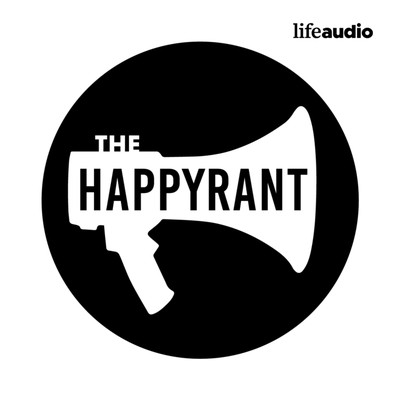
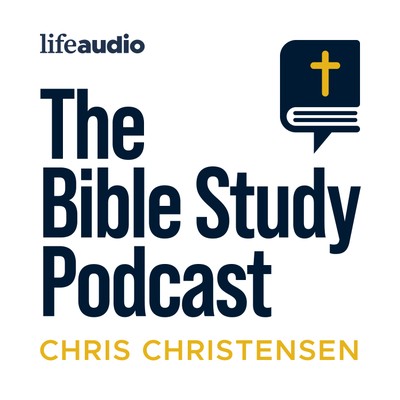
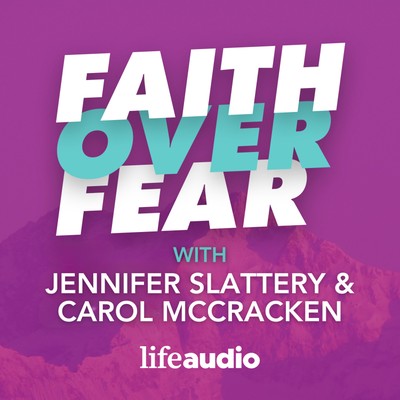
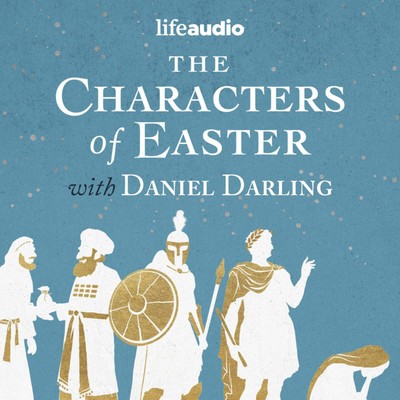


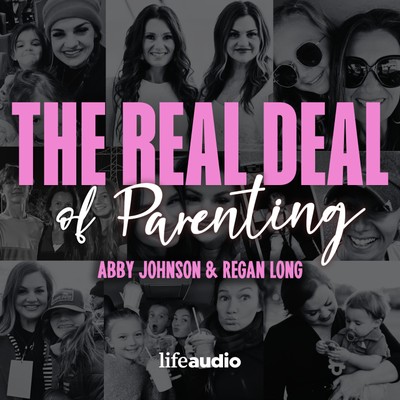
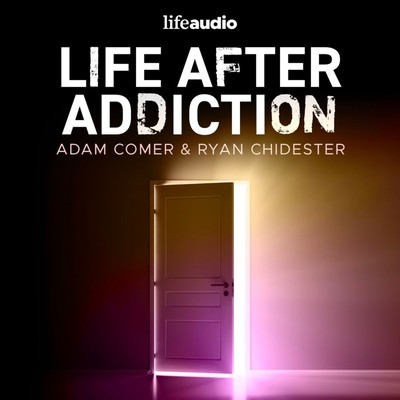
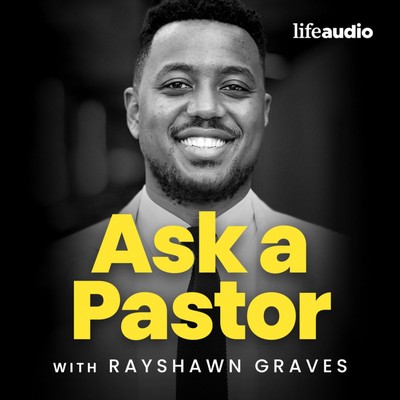
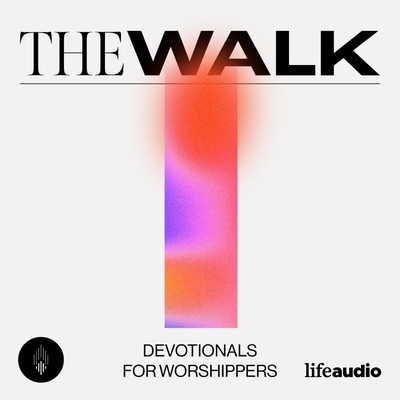
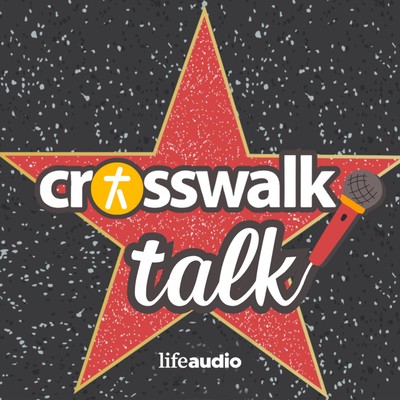

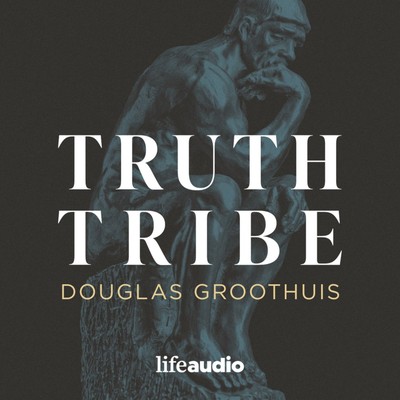

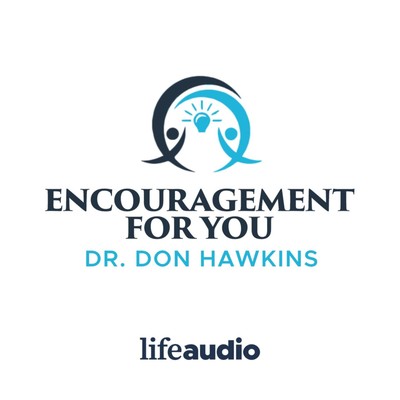
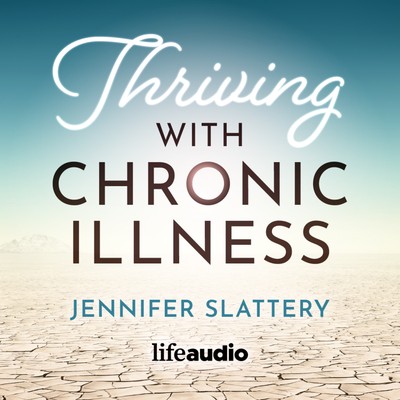
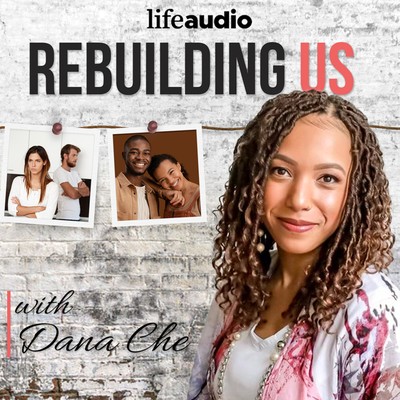

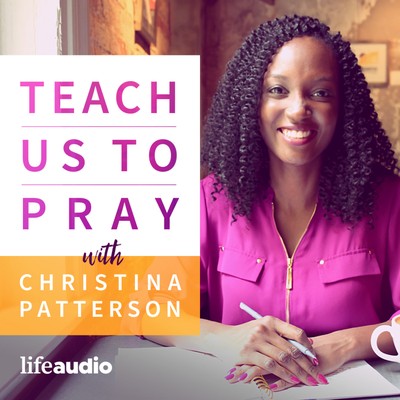

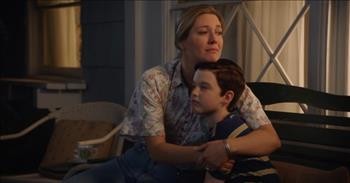

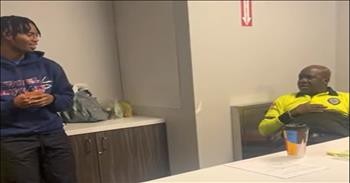


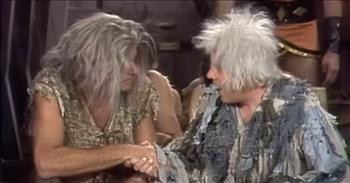


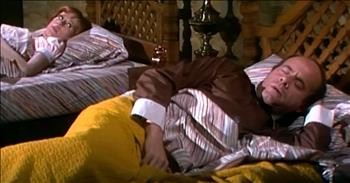
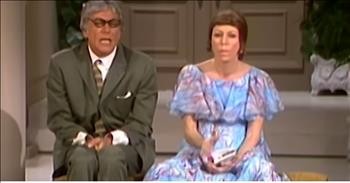


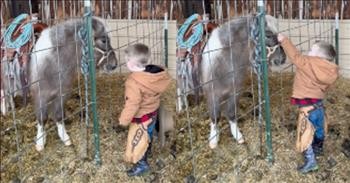







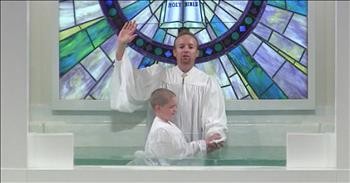
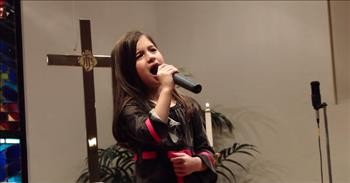
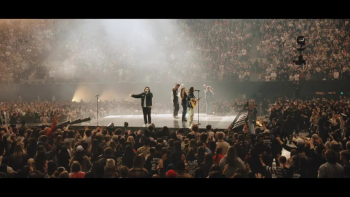






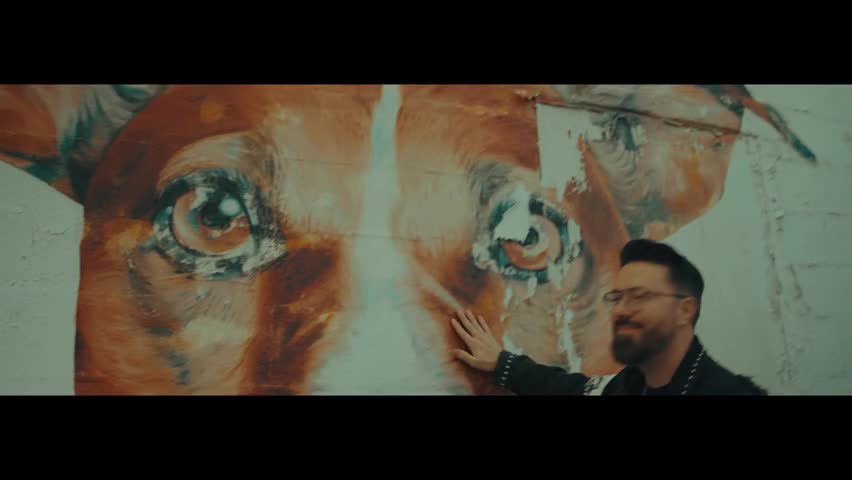
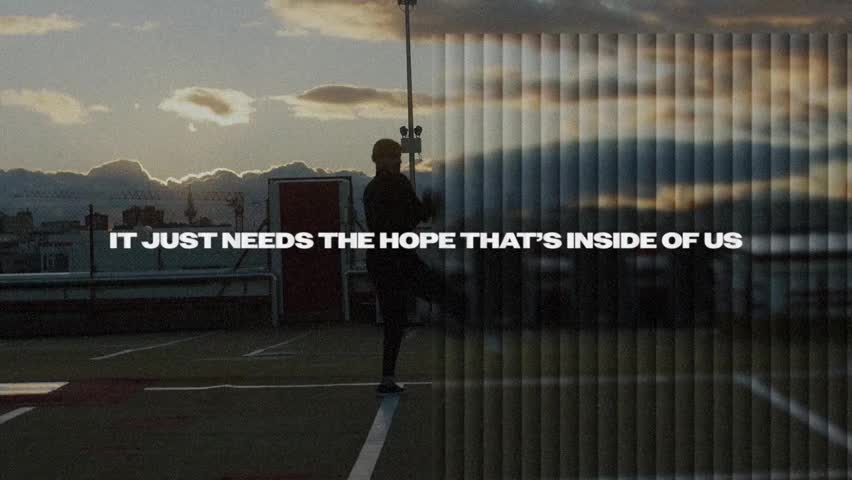

![Crowder - — [DASH]](https://content.swncdn.com/godtube/2024/04/10/641289/641289009.jpg)




